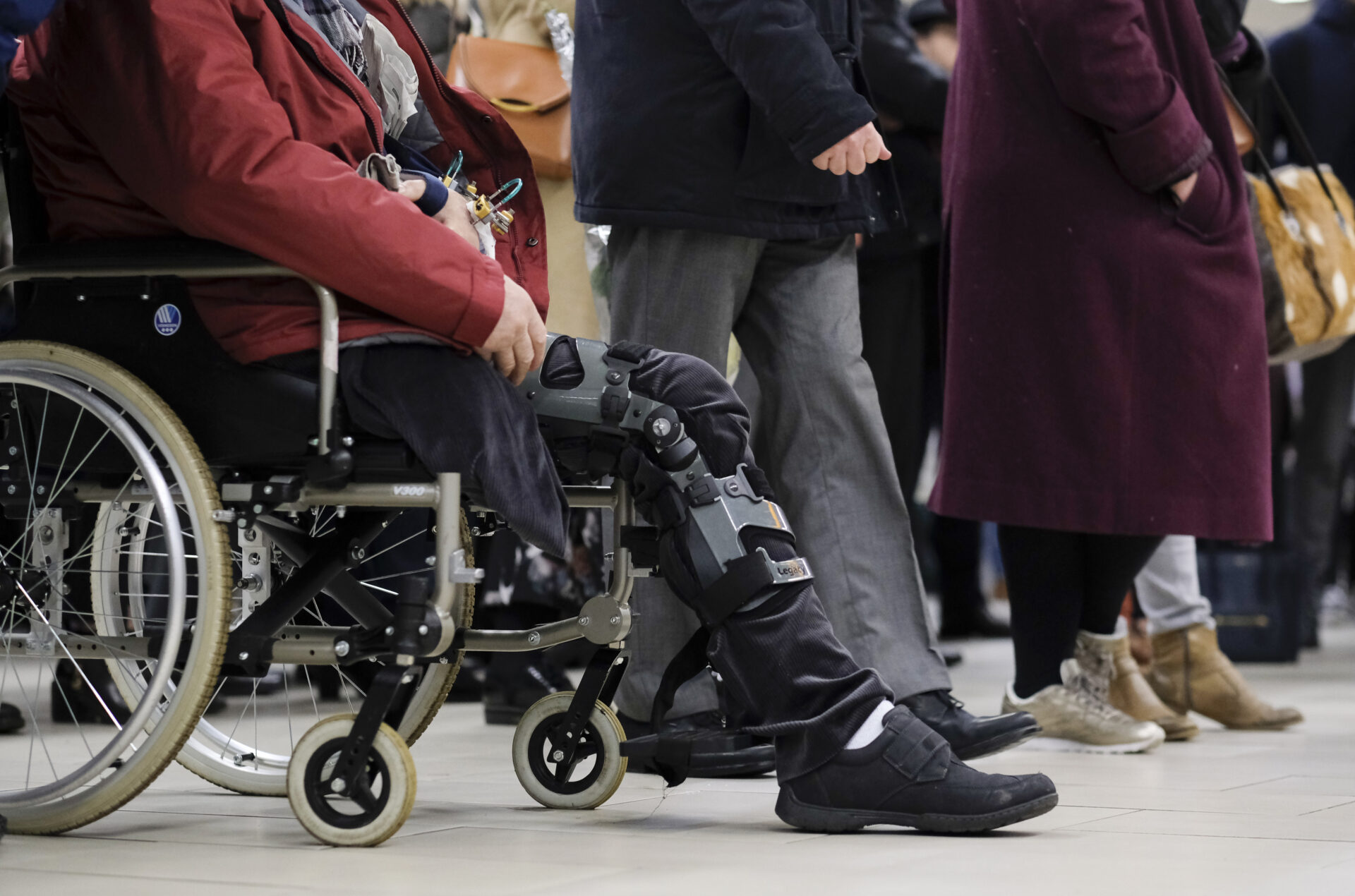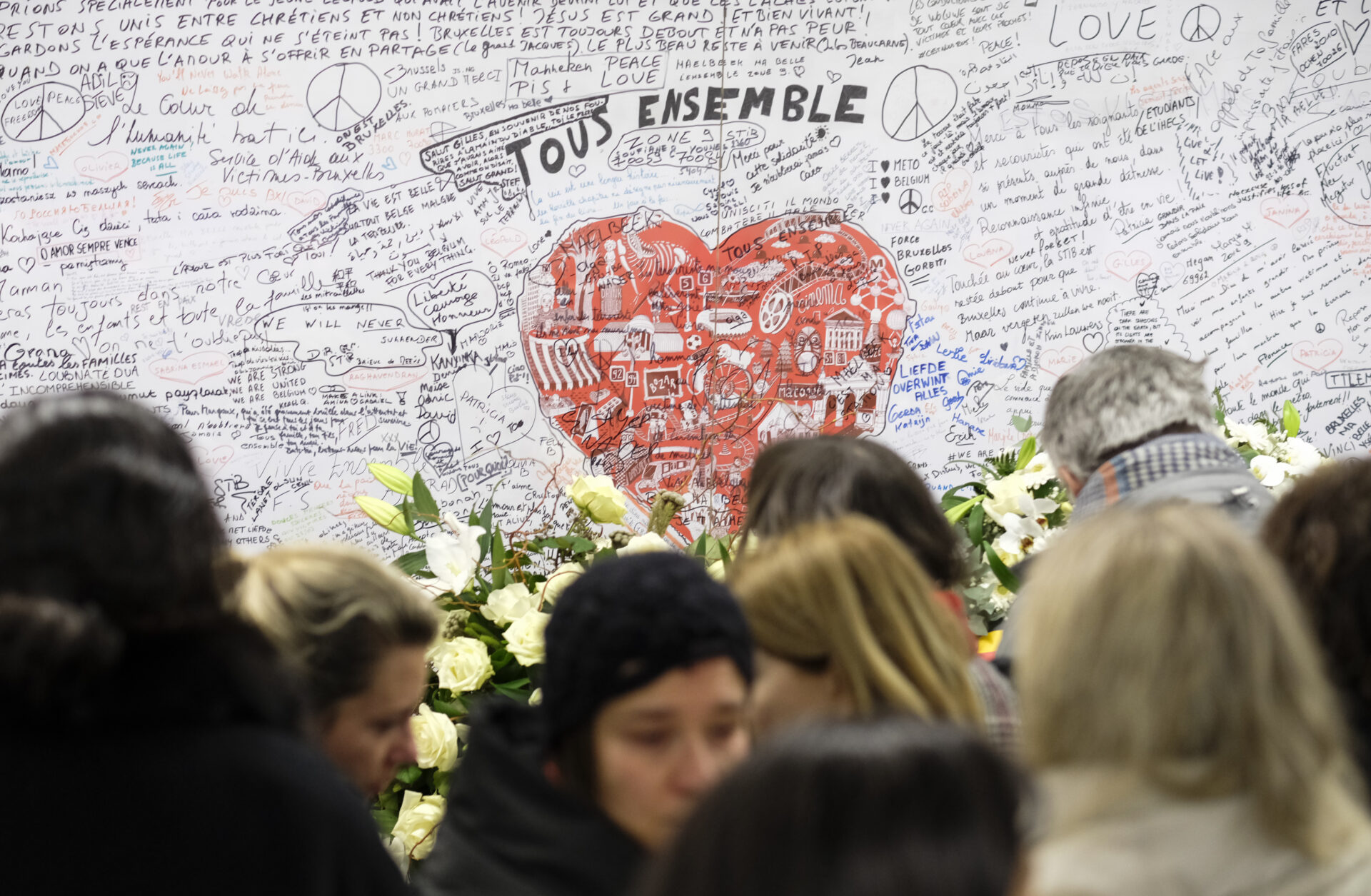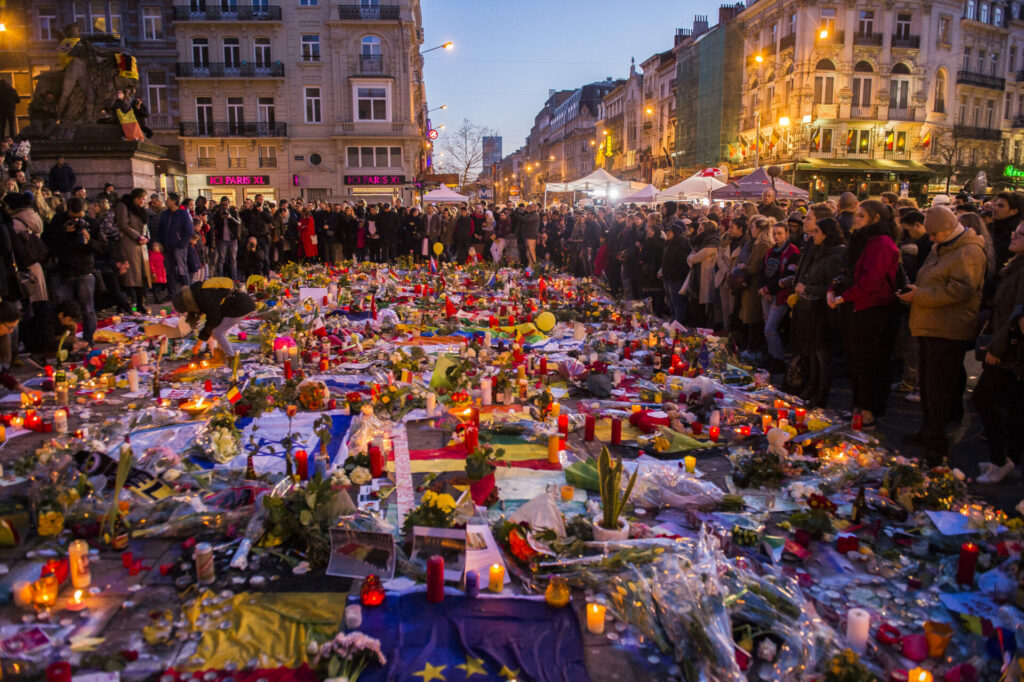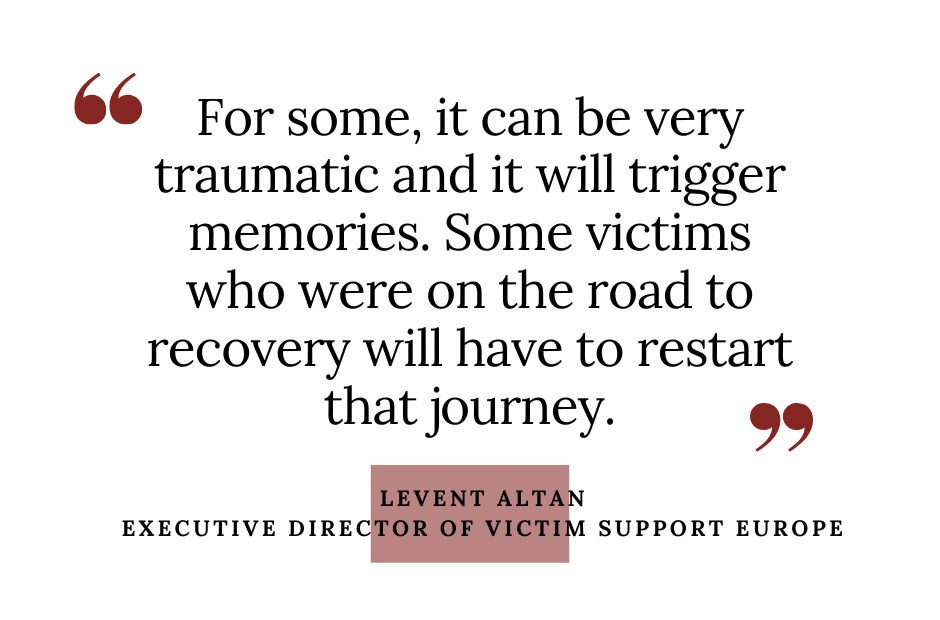On this day in 2016, Belgium was rocked by the deadliest attack on its territory since the Second World War. A series of bombings in both Maelbeek station and Zaventem Airport took the lives of 32 people (excluding three suicide bombers), leaving the country traumatised.
In the months following the attack, the lack of response and help offered by the state left survivors and the families of victims feeling disillusioned, adding salt to their wounds. "Victims suffered significantly as a result of the poor responses after these attacks, there is no question about that," Levent Altan, Executive Director of Victim Support Europe (VSE), told The Brussels Times.
Out of dissatisfaction with their situation, survivors and victims' families set up V-Europe in 2016. The following year, they spoke out at a parliamentary enquiry about their disillusionment with the lack of support from the Belgian state. "They delved into the suffering they went through, not because of the attack, but because of the lack of response," Altan explained.
Now, seven years on, Belgium finds itself commemorating the attacks amid the largest-ever trial held in the country.
Victim-sensitive trial?
Three months into the trial, survivors and the families of victims have been finally given the floor to share their experiences of the attacks and the aftermath, and how it has shaped their lives.
Dozens of judicial assistants were made available to offer support to participating victims, who were promised they would be informed about what awaited them, from the various pieces of evidence that will be shown to where they can park.

Victims and family members attending the commemoration of the 2016 terrorist attacks at Maelbeek metro station in 2018. Credit: Belga/ Olivier Hoslet
Philippe Vansteenkiste, who lost his sister in the Brussels Airport attack and founded V-Europe, said it was remarkable how the victims have been assisted during the trial so far. "A lot has been put in place to make this happen, which is appreciated by victims," he told The Brussels Times.
VSE's Altan recognised efforts to make this trial as victim-sensitive as possible. However, he argued that access to support services, specifically those tailored to serious trauma, is still insufficient across the country.
"These trials can be a big part of the road to processing the trauma, but every victim goes through their own journey. For some, it can be very traumatic and it will trigger memories. Some victims who were on the road to recovery will have to restart that journey," Altan said.
He explained that making an impact statement can play an important role in the growth and recovery of many victims. "It can become a very personal thing, which is why it is important to ensure the right types of support are provided to victims so that they know what to expect and how to cope with how it goes."
Vansteenkiste mirrored that giving the jury, the state and society as a whole an idea of how they have been affected can be very emotional, but also help process the experience. "This is a very important moment for victims because they want to get out of that victim position and integrate back into society, and justice is one of the key pillars to help them do so."
Respecting right to defence
The trial has been marked by various delays from the start, which was pushed back from October to December due to protests by the defendants over the glass boxes in the courtroom. Since then, dates have been pushed back as a result of other complaints, including about strip searches.
At the time, the Flemish Justice Minister Zuhal Demir (N-VA) argued that, for victims who have waited more than six years for a trial, the schedule being changed for these reasons was a bitter pill to swallow, calling the trial a "farce".
When a victim is told they are going to appear in court to make a statement, it can be emotionally and mentally challenging and can trigger previous trauma. "So when the judge then says it is postponed, they have to start that process anew. Imagine going through that multiple times," Altan said.

Messages on the memorial wall at Maelbeek metro station in 2018. Credit: Belga / Olivier Hoslet
However, both he and Vansteenkiste agreed this is part of the fair trial principle. "We obviously have a hard time with this, especially as we have to discuss the tragedies we experienced, which seem disproportionate to what they are experiencing, but we have to respect the fact that they have a right to defence," Vansteenkiste said.
"If we go against that principle, then we are going against the main foundations of our rule of law, which play into the hands of terrorists."
Altan added that support mechanisms should also help manage victims' expectations and that the defendant’s counsel can seek and create delays. "It’s not about arguing against that, it’s about preparing victims that this can happen."
Looking to the future
While improvements have been made, Vansteenkiste feels it is important not to forget the way victims were treated after the attacks. "The problem is that the authorities thought they were ready to deal with such a situation, but once they were confronted with it, the shortcomings became clear."
Vansteenkiste hopes that by victims identifying shortcomings, the response will be better in the future. "Nobody hopes that another attack will happen again, but in a way, we have now been the 'guinea pigs' from which lessons were learned, and we hope this can ensure victims will be better off in the future." Already, a new cooperation agreement between the Flemish and Federal Government aims to revise the approach to victim care.
Altan welcomes that improvements have been made, but stressed it has taken a long time. "There is also still insufficient knowledge regarding the way these attacks have harmed victims, what their needs are and how to engage with them in an empathetic way."
These lessons learnt in Belgium should also be followed by the rest of Europe, Altan argued. "We have seen numerous attacks since 2016, and no doubt we will see more. Not only must governments prepare for them, but the EU should update its Victims Directive to make sure victims of terrorism are properly cared for.”
Related News
- Brussels attacks trial: Lawyer's computer and access badge stolen from the car
- Brussels terror trials: Relatives of victims to testify on Monday
Overall, the Brussels Terror Trials so far have highlighted issues regarding the justice system's design, focusing on fair trial rights and efficiency, resulting in victims’ needs being fitted around that system, rather than them being incorporated. "We are not measuring the success of our system on the safety and well-being of victims, we’re measuring it on all these other points."
"This is the question we have to ask ourselves. What are we trying to achieve with this system, and is it achieving the best for individuals and society as a whole, or do we need to shift the focus? The process that the victims go through could be just as important to the outcome as the sentencing," Altan concluded.


